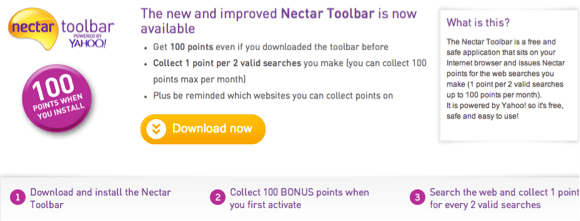
Tracking Customer Experience: Reward cards and other schemas
Who doesn’t love a good reward card? Discounts or money back on products, which I am going to buy regardless, seem good to me. Sure, I know it is the company’s ‘trick’ to lure me back time and time again but should that really bother me? It is not such a bad thing that a company wants my business and makes an effort to maintain it.
However, have you thought much about what they are tracking? If you go to a clothing store, they might track your purchases. Doesn’t seem so problematic. But what else can they do with that information? How great would it be if they could suggest items that might work with my current wardrobe? Or maybe they know I only come when there is a sale, so they tailor the promotions appropriately.
It gets more complicated when we look at reward cards that track things in which we might find personal, such as health or lifestyle. Does it matter to you knowing that the grocery store Sainsbury’s, for example, keeps track of what you eat and drink and when you are more likely to buy something during the week? Depends? Does it mean that it will ensure that the stock is always there at my store? Or, at least on Thursday night when I typically come in? Will I get tailored deals to the products I like, or suggestions for accompanying products that might make my meal that much more delicious?
I am sure at one time you have had the conversation with peers about how Google likely knows more about you than you know yourself. Or you have, at some time in your Facebook years, reposted a link to warn others about their new privacy laws -� which we are mutually appalled (but still use it). For the purpose of brevity, I will go no deeper into that matter…other than, do I have much control if I still want to use Facebook? Can I live without Google? However, I can live without a reward card, so I feel slightly more in control. Or at least a ‘perceived sense of control’.
So this next discussion is where reward schemas have become more interesting, as an argument. Recently, I was sent a promotional email from Nectar to install a search toolbar, in which if I use it to search for items, I can receive up to 100 Nectar points per month…just for searching the way I would anyway! Wait a minute, so Nectar and all of its affiliated companies can see what I search for? 500 Nectar points = £2.50. So, 100 points is £0.50 per month. A total of £6 per year -� but do you really do the math? Or check your balance, for that matter?
Slightly brilliant, especially since Yahoo is the search engine that is paired up with Nectar that one might argue needs to reinstate their lead in Search (and tracking), since ‘Google’ has become an eponym for looking up information. Not only can Nectar track what I spend in their store but they can now track my online activity. What other products am I searching for? Competitors? Products that Nectar affiliates do not stock? When, where, with what device, frequency, time, etc.
Now before we get too upset, I can still choose when to use the toolbar -� you must click on the icon from your regular browser.
I am also prompted when I go to affiliate pages whether they are allowed to track the activity on that page.
So, I still feel a slight sense of control. And for me, to be honest, I want them to know that I am upset that I can’t find enough varieties of firm tofu in grocery stores without it being smoked or herbed (eye rolls to all of those non-vegetarians out there).
Experience Mapping is a technique we use in experience design to understand all of the touch-points of a customer experience from initial awareness, expectations, comparisons, use, and buying again.Currently, the research to develop a proper customer experience map is a mixture of existing analytics (typically click rates, abandonment, support, etc.) as well as primary research techniques. This new concept of what I would like to term, “aware tracking†could be the next thing in truly understanding customer behaviour. But how far is too far? How much information do we need to know up front, as customers, from reward cards or reward experiences? Can we trust you (the company) are only tracking what we allow? Does it really enhance our experience as customers? What is next? And did I check to see if I really received 100 Nectar points at the end of all of this?
I will leave it to you to decide. Please comment below.
Comments
Related Articles





